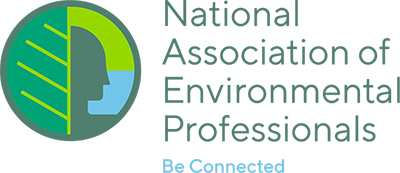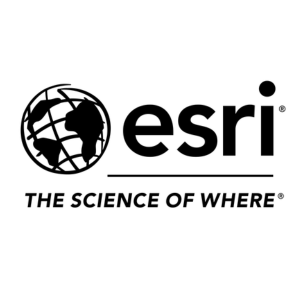
Advancing Program Management Through More Integrated Environmental Consideration
Wednesday, August 26
12:00–12:45 PM PT | 3:00–3:45 PM ET
About the Session
Capital projects are developed in a phased manner, from project definition through feasibility assessment, design, and construction. Environmental considerations are typically a peripheral part of each of these phases, and are often considered late in the process. What are the risks of not including a substantive environmental assessment in the early phases? Decisions may have to be revisited, resulting in the need to redo analyses, adjust designs, create completely new alternatives, or even more extreme changes due to the anticipated environmental implications. As an industry, we need to drive a change to this “reactive” approach, lobbying for early environmental involvement in planning and implementing projects. Early environmental input can identify new alternatives or design changes that can result in streamlining or even avoidance of permitting triggers. Likewise, involving environmental strategy early in the process can result in a better defined scope of work, a better awareness of necessary expertise, an understanding of how activities within the project are independent or connected, and clarity on the time required to obtain environmental clearance. In the end, involving environmental experts in the early phases of project development only makes sense. HDR offers a panel discussion representing three perspectives on Program Management and three experiences of integrating environmental considerations into the framework of the program. The discussion will include such topics as:
- Program manager’s perspective regarding the typical resistance of early environmental involvement
- Risks of not obtaining environmental input early, supported by specific examples
- Specific benefits to building environmental input into the main structure of the design and project delivery model, supported by specific examples
- Program manager’s perspective about the value of this format for overall program management and how to effectively influence a paradigm shift of thinking within local, agency, or other applicant capital planning
- Lessons learned from the delivery of infrastructure projects/programs
Tracks:
- Infrastructure Upgrades & the Environment
About the Speaker
 |
Leslie Tice
Environmental Business Class Leader/Senior Project Manager
HDR, Inc.
Moderator/Panelist: Leslie Tice is a Certified Environmental Planner and HDR’s Environmental Business Class Leader for Northern California with 22 years of experience in diverse environmental programs. Leslie is currently supporting the City of Santa Cruz Water Department Capital Improvement Program as HDR’s environmental lead implementing and developing this concept and has worked with numerous other clients and HDR program leads about the advantages and opportunities of integrating environmental considerations earlier in the planning and decision-making process.
|
Back to Top
|



